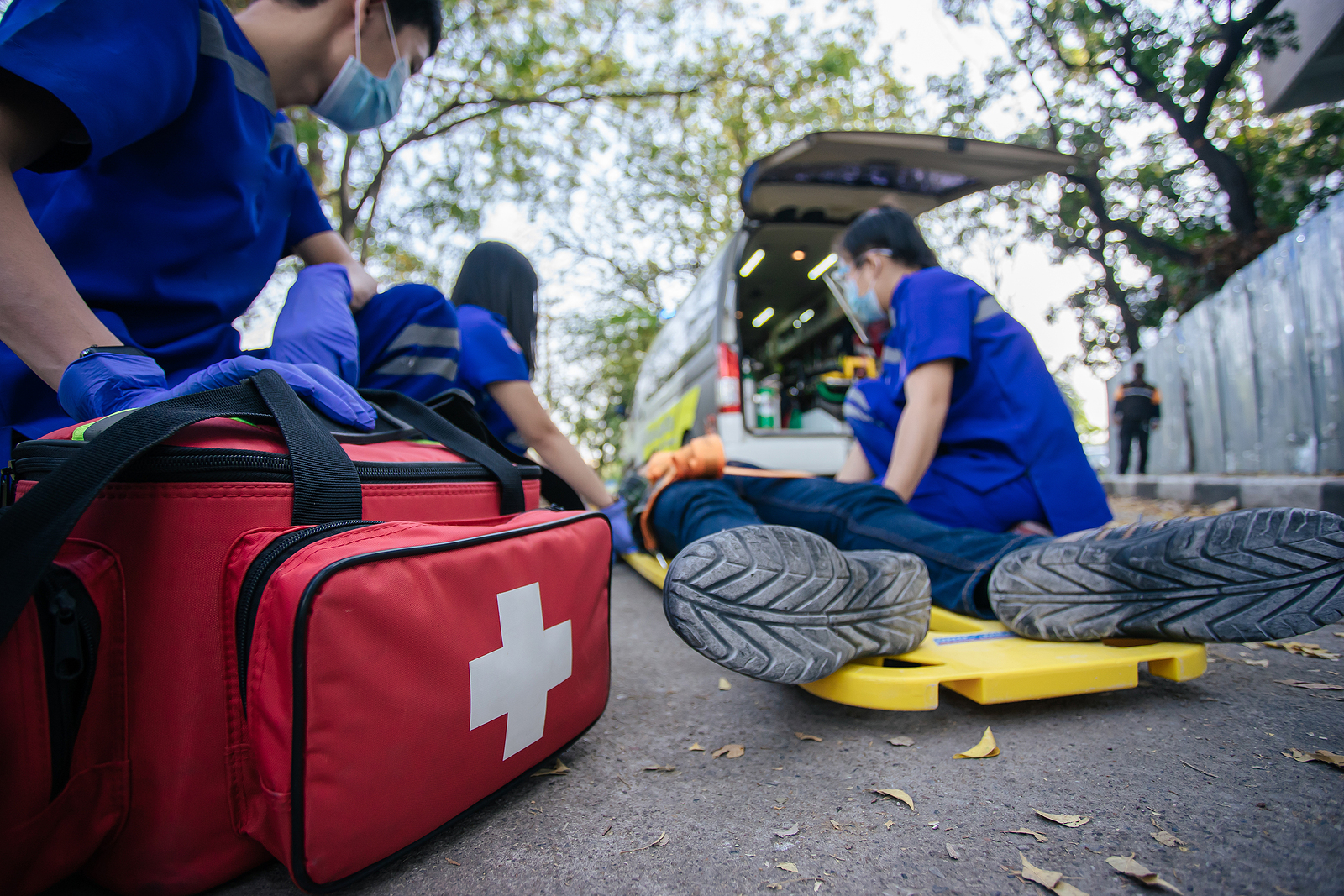
When patients need critical care, first responders are there to ensure they receive the best medical treatment possible. Emergency medical services (EMS) allow experienced professionals to respond to reported incidents and offer their help and expertise to those on the scene.
With emergency incidents on the rise and a limited number of workers available to fill valuable roles, teams must have access to all the resources they need to get things done. Any number of complications can derail a response.
Understanding the complexity of EMS in the real world is essential for promoting best practices and ensuring people receive timely care.
The Complexity of EMS
Healthcare is an ongoing service that requires continuous attention and knowledge of current best practices. For many healthcare workers, critical links in the response chain are meant to eliminate errors and provide consistent results.
EMTs, paramedics, and other critical health service providers can use these common best practices to offer vital pre-hospital care for patients who are facing life-threatening situations. However, when the lines of communication break down, there can be severe consequences.
What Do EMS Teams Do?
Providing quality health services requires coordination from multiple fronts. An EMS team is meant to leverage the potential of each individual by having them work with others who complement their strengths. EMS teams are an effective way to deal with real-world health emergencies and disasters.
Each member of an EMS team is certified in providing on-the-scene medical treatment, making critical decisions, and offering valuable support and information to those who need it.
All team members have to be on the same page about specific priorities, rules, and responsibilities to deliver effective emergency response efforts for the public. This requirement makes communication across the whole team essential to their role.
What Do EMS Teams Need to Communicate?
EMS teams and team members can’t fill their roles in isolation. They need everybody on each team, including management, to understand the importance of communication for teamwork.
EMS teams can make or break a hospital’s ability to provide effective patient care. Having teams capable of communicating information and coordinating their efforts is essential for delivering quality service and ensuring the proper service of the community.
Tips for Communication with EMS Teams
Here are some tips for improving communication among your EMS teams:
Look for Quality Gaps
Unseen gaps in communication present vulnerabilities when responding to emergencies. This reality makes it harder for teams to effectively mitigate potential harm or provide service to those who need it.
EMS teams should work to identify and fill gaps in their communication channels before these gaps become a problem. Failure on the part of any party to ask questions or provide follow-ups can result in the inability to deliver adequate care.
With the right communication systems in place, EMS teams will have everything they need to care for patients in emergencies.
Learn to Operate in Parallel
Leadership is important, but in many emergencies, EMS responders have to make their own decisions with little time to spare. Simultaneous planning and execution of multi-part strategies across different physical locations are essential for EMS teams to do their jobs.
Following orders, while adapting to real-world situations requires flexibility and real-time communication capabilities. When EMS teams operate in parallel, they can perform more complex tasks without requiring rigid top-down command structures.
Taking the time to teach each member how to be a leader allows EMS teams to provide better response services with less planning.
Find the Right People for the Job
Even with the right training, some individuals simply don’t work together. Good communication requires people to be on the same page about their roles on the team and what tasks they’re meant to perform. Those who cannot work with others may not be right for the job.
Having good communication skills is essential for contributing to a team. EMS teams need to be able to adapt and respond to immediate changes in the environment without losing sight of their core objectives. Observing, listening, and understanding what information matters makes navigating stressful situations less risky.
Leveraging Communication Skills for EMS
Industries that demand compliance, training, and coordination must be able to adapt to changing circumstances. It’s no different for those operating in EMS.
When teams cannot access the latest tools, equipment, and training, they’re limited in their ability to deliver quality service. For EMS teams, this can mean the inability to respond properly in an emergency.
Communication skills should be a core part of any EMS team. This capability means being able to effectively relay important messages without becoming distracted or compromising the information.
Respecting others, acting with empathy, and being open-minded are all essential traits for any EMS worker. By speaking with clarity and acting precisely, EMS workers can demonstrate their confidence and become valuable members of their respective teams